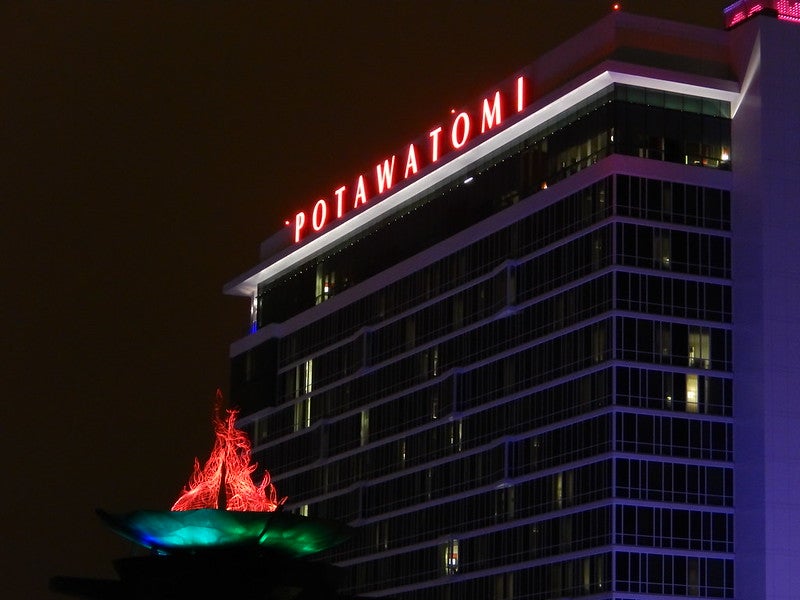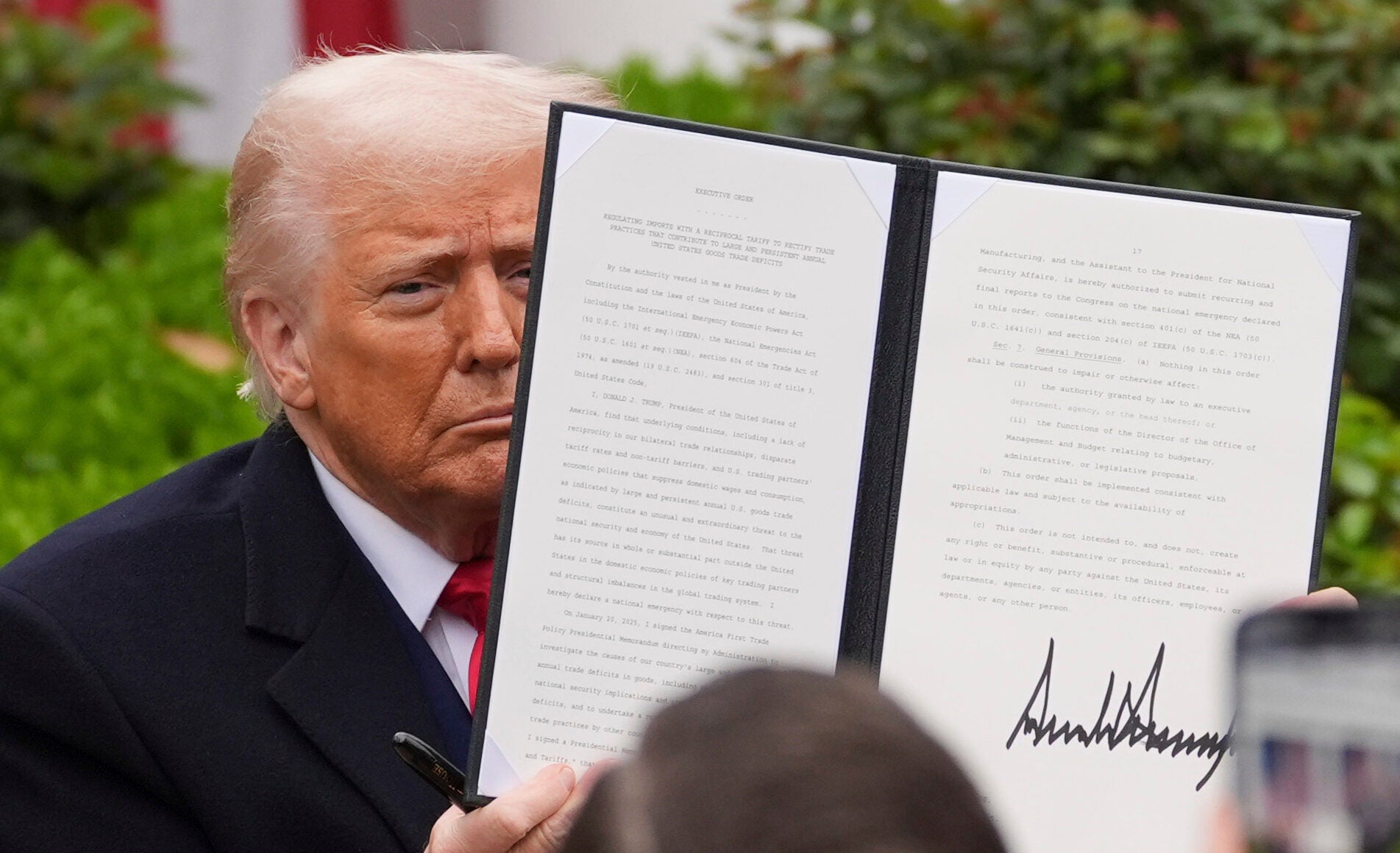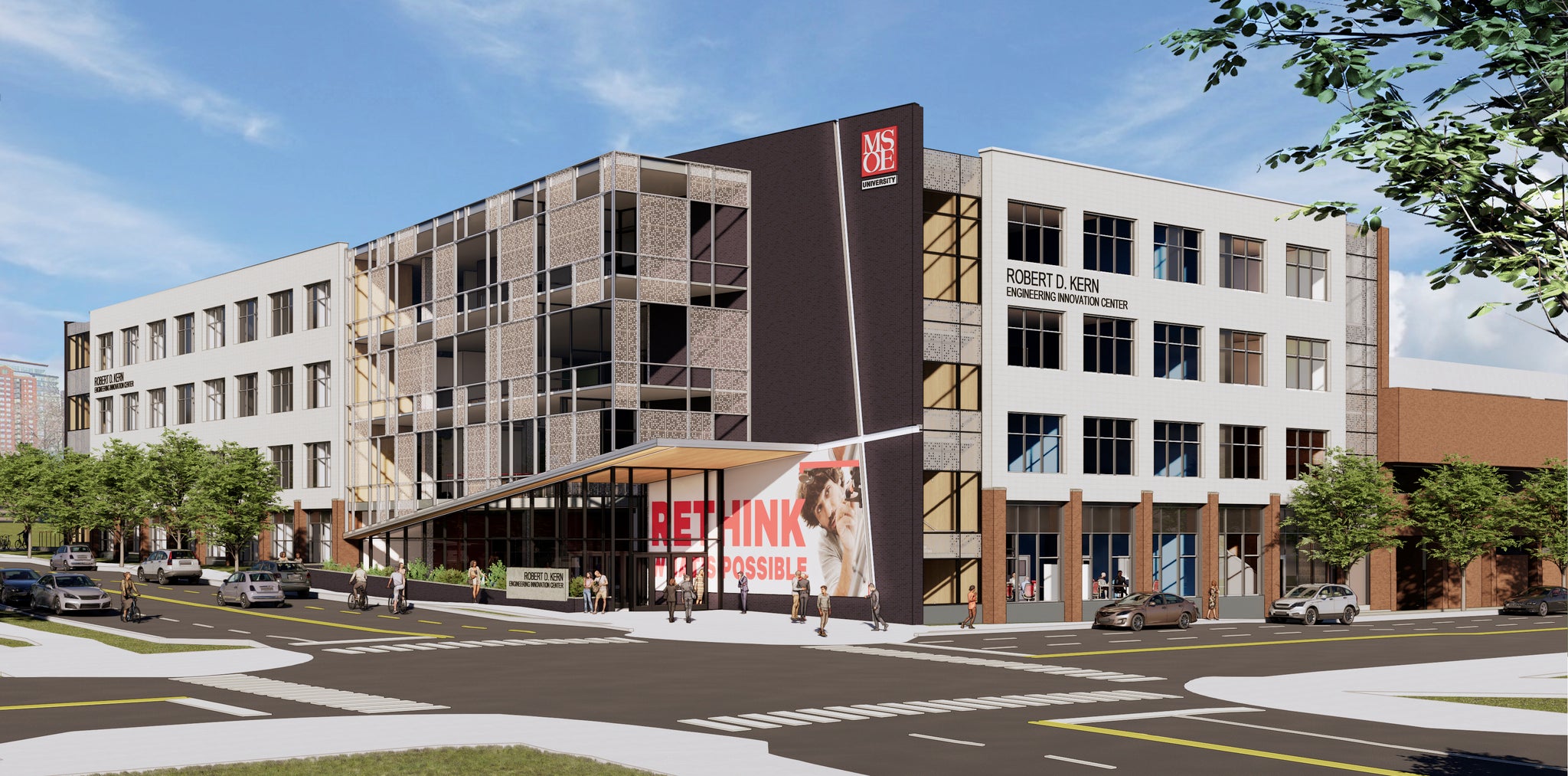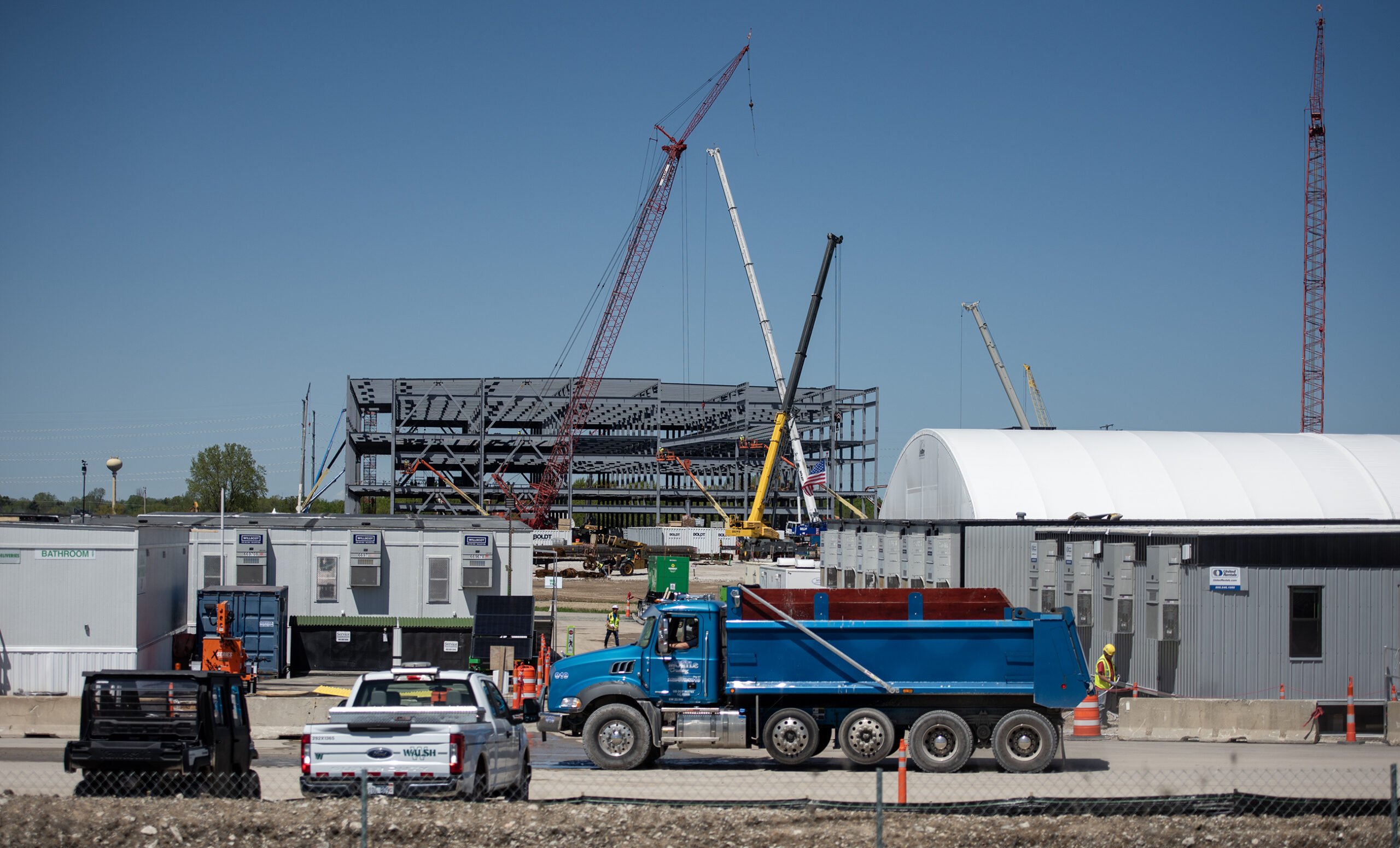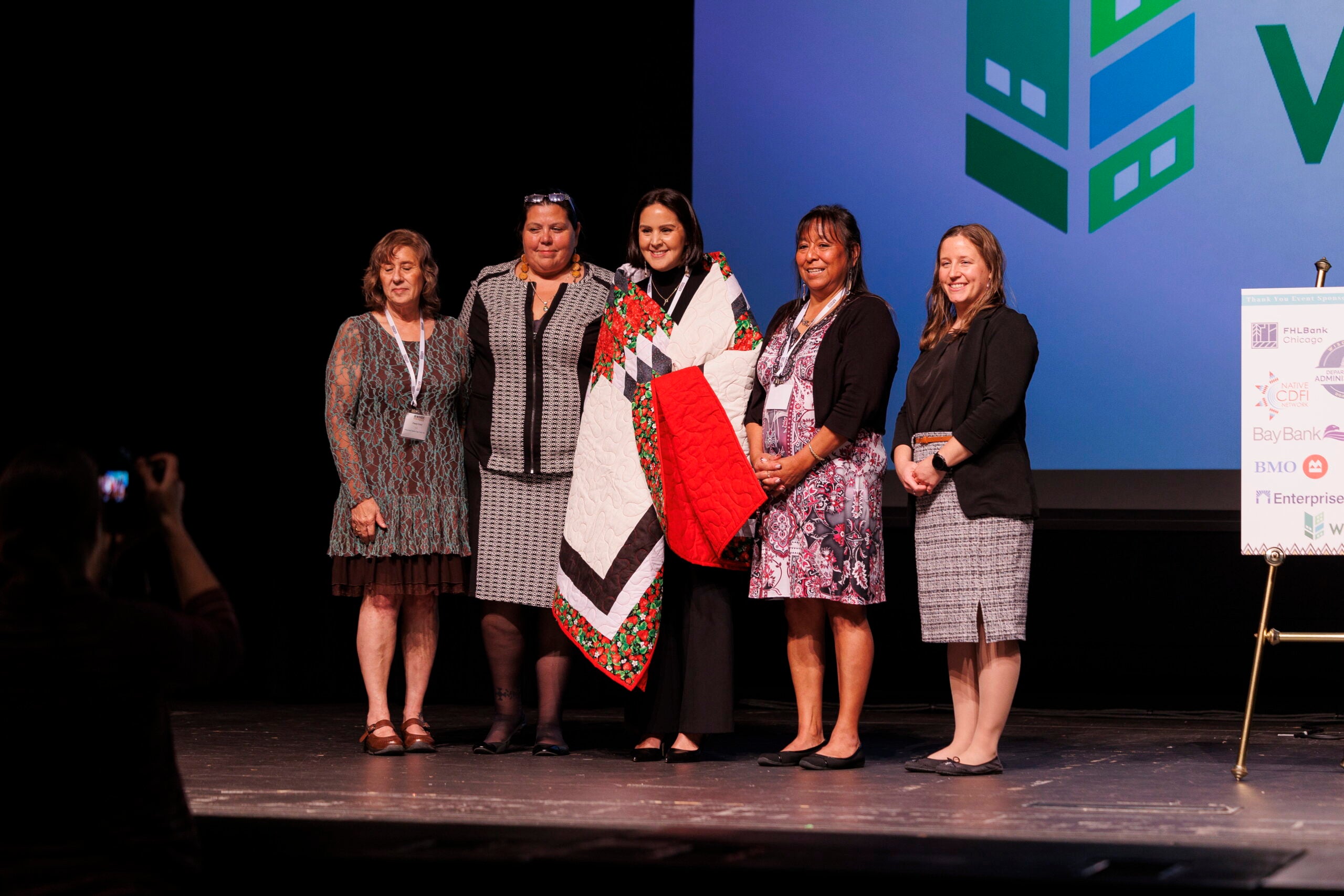The Wisconsin agency tasked with economic development has a new position to strengthen ties with tribes around the state.
The Wisconsin Economic Development Corporation, or WEDC, recently announced the new tribal liaison will be the first point of contact within the state’s tribes with the goal of increasing economic development opportunities.
David Waabigekek Fleming Sr., a member of the Lac Courte Oreilles Band of Lake Superior Ojibwe, was selected for the job.
Stay informed on the latest news
Sign up for WPR’s email newsletter.
“There is a lot of economic opportunity with tribal nations across Wisconsin,” Fleming said in a news release. “Often, tribal nations are among the largest employers in their regions.”

The secretary and CEO of the Wisconsin Economic Development Corporation, Missy Hughes, joined WPR’s “Wisconsin Today” to discuss the position.
She also discussed an upcoming economic summit and changes to one of their most popular tax incentives.
The following interview was edited for brevity and clarity.
RF: The Wisconsin Economic Development Corporation announced the first ever tribal liaison. Why create this position?
MH: We have 11 federally recognized tribes in Wisconsin and each one of them is an economic engine in its own way, whether it’s being some of the biggest employers in our rural communities or having real impact like the Potawatomi Tribe does in Milwaukee.
So it’s important that we understand each of the tribes strategies around economic development and that we determine ways to use our tools or develop new tools to partner with them.
RF: The third annual Wisconsin Economic Summit starts this week. A full day of the summit is dedicated to artificial intelligence. Why is that?
MH: Artificial Intelligence has swept across Wisconsin and across the whole country, but what we’re seeking in Wisconsin is this opportunity to really seize the day when we have companies like Microsoft establishing itself in southeast Wisconsin.
Then, we have companies like Hewlett Packard that’s building all of the hardware for artificial intelligence literally across the country. We really have an opportunity to make Wisconsin a focus and we’re thinking about it in terms of advanced manufacturing and making sure that our manufacturers all around the state see this tool of artificial intelligence as an opportunity to augment their business and to grow even more.
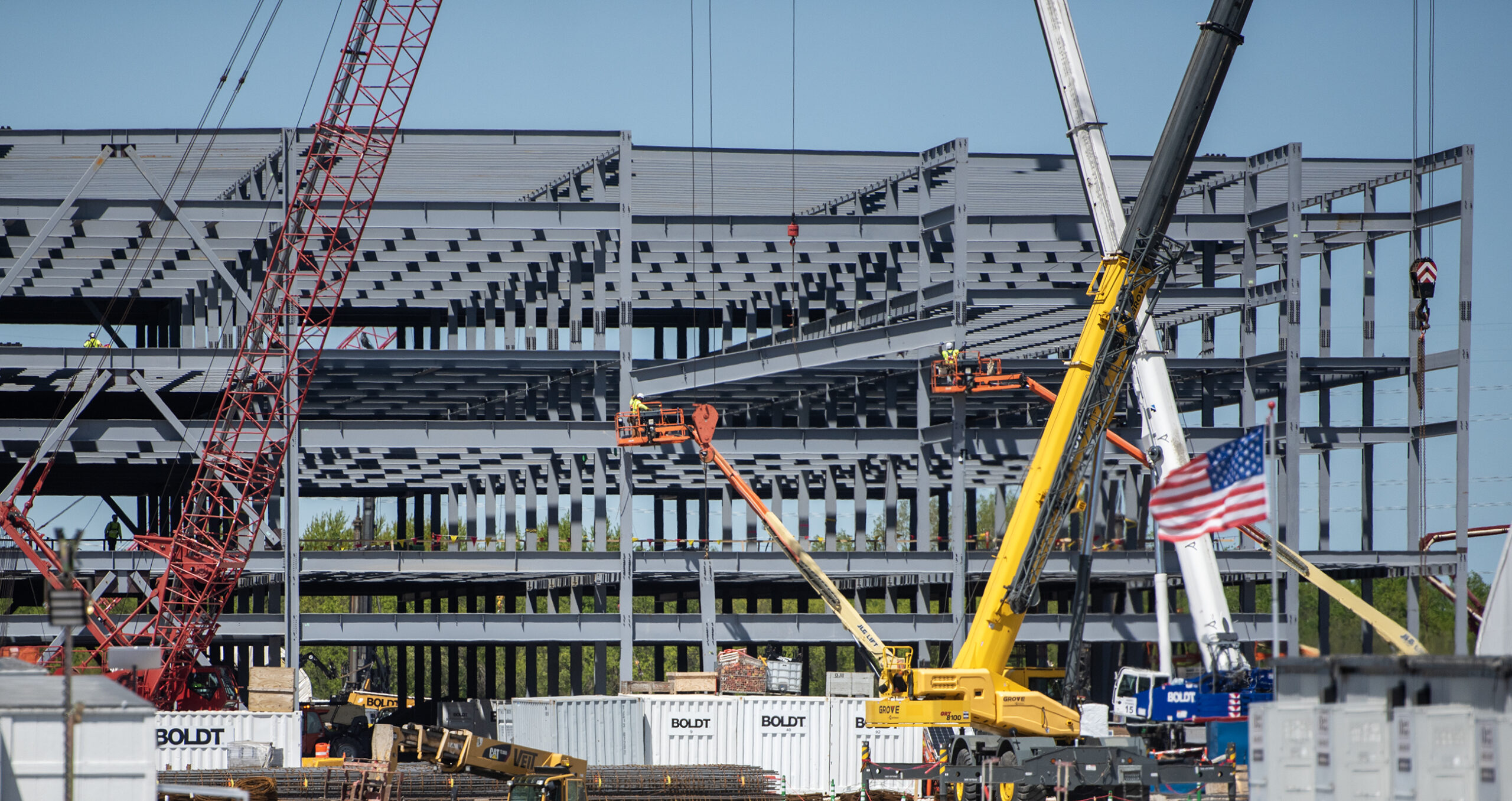
RF: What ways can the state and the Wisconsin Economic Development Corporation help Wisconsin businesses take advantage of these AI tools?
MH: The first thing we want to do is educate our business leaders and our workforce about artificial intelligence so that they can look at their businesses and say: “Where would this help, and where is this really just a fancy tool?” What we’ve got now is the Co-Innovation lab by Microsoft in Milwaukee. We’re working with groups all around the state to help with that education.
RF: The business development tax credit program is one of the more popular incentive programs through the Wisconsin Economic Development Corporation. It changed earlier this year. How has that tax incentive changed?
MH: The business tax credit is a tool that we have in our toolbox that helps businesses if they’re expanding their factory floor or adding on a distribution center.
Traditionally, the tax credit was really tied to job growth. WEDC has always been focused on job creation and we continue to be but we recognize that in today’s environment with a tight workforce, businesses might want to make investments that result in increased productivity and efficiency.
The new business tax credit gives us the opportunity to use the tool a little bit differently to support infrastructure investments and capital investments without necessarily job creation, but we continue to make sure that those businesses are keeping the folks that they have.

